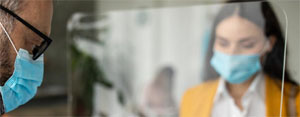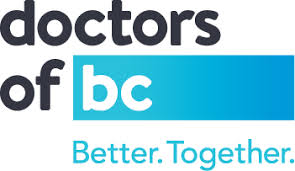Tuesday October 27, 2020 | VICTORIA, BC [Updated with more quotes from the president of the Doctors of BC – on October 28, 2002]
by Mary P Brooke, B.Sc., editor | Island Social Trends
The Doctors of BC organization applauds BC Provincial Health Officer Dr Bonnie Henry for stating that it is now an expectation that British Columbians will wear masks when in indoor public spaces.
The Doctors of BC organization sent out a news release this morning to that effect.
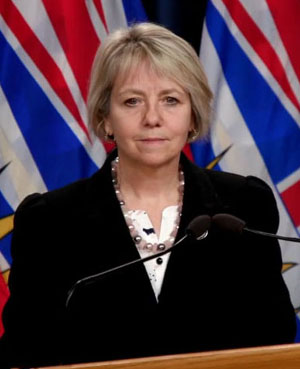
Dr Henry’s statement on the ‘expected’ use of masks in all public indoor spaces came on the heels of another significant increase in the number of COVID-19 cases (817 cases over three days, October 23 to 26).
Realizing about mixed messages:
“We acknowledge that there has been mixed messaging on the use of masks as the pandemic has evolved,” says Dr Kathleen Ross, President, Doctors of BC.
“As we learn more about how and specifically where the virus has been transmitted, we would be expecting recommendations to shift accordingly,” Ross told Island Social Trends.
“Certainly in the early days of the pandemic, physicians were buying large numbers of masks to utilize in clinical settings. The wholesale use of masks in public places has gradually been studied more extensively,” said Dr Ross.
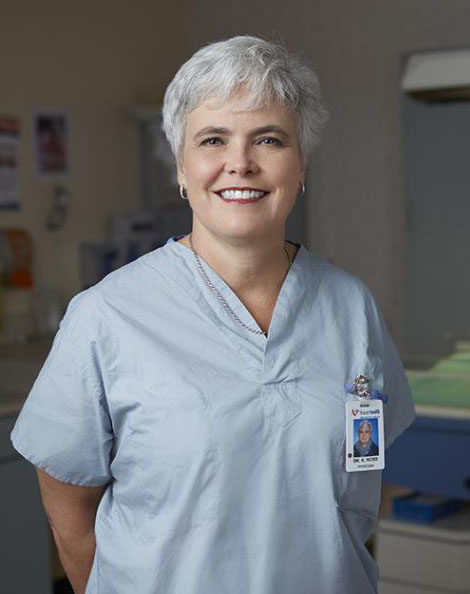
The Doctors of BC say that there are numerous studies showing the effectiveness at reducing the transmission of respiratory droplets with the use of masks including Mayo Clinic and WHO. “There are even studies comparing the effectiveness of various masks (e.g. Nature, British Medical Journal).
“I think the most powerful evidence for me is that in areas where mask use has become the norm, lower rates of transmission and lower case mortality have been reported (Global News, Nature). From that we can infer that if you were exposed to a smaller number of viral particles, you may experience a lesser illness, although this still remains to be seen.”
Slow in coming:
This information seems to have come slowly to the public from the public health and government leaders we’ve been essentially trained to paid heed to. People could have been wearing masks even without huge buy-in from government leaders if doctors had been more forthright with their messaging.
It was after what seemed like a long while into the pandemic (September being just six months on the calendar but a ‘half a lifetime’ so to speak, during a pandemic filled with unknowns) where people could have been using the masks for safety but weren’t officially encouraged to do so. As if covering one’s face is more of a social and personal-rights issue than one of health.
There also seemed to be a reluctance to rely on people’s judgement as to use of the masks. Early on in the pandemic health officials effectively said they didn’t want people to rely on masks with ‘false confidence’.
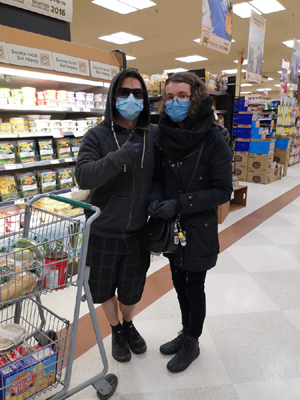
The Doctors of BC didn’t come up with their full endorsement until after the BC NDP government re-election last weekend, a campaign in which political leaders did take the visual step to wear masks pretty much at all times (except when speaking in front of TV cameras).
Even the Mayo Clinic gives a reason that somehow feels slow on the draw: “Early in the pandemic experts didn’t know the extent to which people with COVID-19 could spread the virus before symptoms appeared. Nor was it known that some people have COVID-19 but don’t have any symptoms. Both groups can unknowingly spread the virus to others.”
But with some common sense analysis it could be said that a virus which seeks a host is not likely to stop and check any factors about its host, but just get on with its job — which the SARS-CoV-2 (aka COVID-19) virus seems to do quite efficiently.
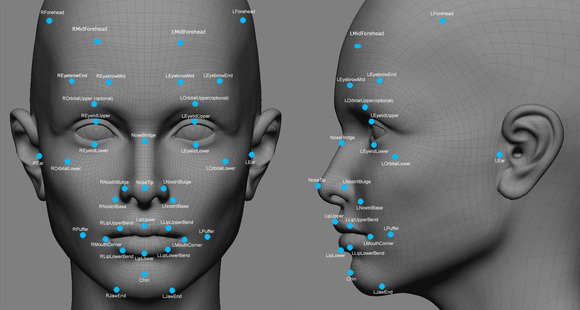
As well, perhaps everyone was slow on the understanding of spread and the declaration of recommending masks out of sheer shock about it all. The adaptation to the new health reality needed to be swift, and that has been a tough call for almost everyone.
There’s also the consideration of interrupting the mass surveillance that modern institutions rely upon… jamming up those facial recognition algorithms (that we are exposed to everywhere at shopping malls, bank machines and by our own home security systems) must be giving law enforcement a few sleepless nights. Artificial intelligence relies upon biometric data, and a photo of your face is the easiest way to capture that.
Acceptance, fashion statement:
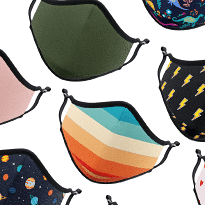
Ironically, our culture’s reluctance to show our entire face was relatively slow to erode, given the virulence of the COVID virus (though public health can be said to have numbed the natural human response to danger through the torrent of statistical data about case counts that we’ve all been subjected to).
Now it appears human populations are at the point where ‘every little bit helps’ in the fight against COVID. Even a non-medical mask will slow down or limit the distance to which the microscopic viruses can travel from a person’s mouth or nose into the air around them.
Recommending the use of a face mask was slow on the uptake by public health across Canada as well as in BC, saying initially that it was low on the hierarchy of things that helped stop transmission of the SARS-CoV-2 (aka COVID-19) virus.
Now face masks are practically a fashion statement. Visit any online retail clothier and you will see masks to match outfits. Many businesses are also jumping on board to have their logo imprinted onto masks.
Protecting ourselves and others:

“We all have a responsibility to protect not just ourselves, but those around us who are vulnerable,” said Dr Kathleen Ross, President of Doctors of BC in a statement on October 27.
“We believe, and the evidence shows, that wearing masks is an important tool in our toolbox to help us stay safe. It is critically important to practice good hygiene and keep physical distance, but wearing masks adds another layer of defense.”
Doctors of BC launched its social media campaign two weeks ago, encouraging British Columbians to #MaskUp when physical distancing isn’t possible and always when visiting the hospital. The campaign is being promoted across Twitter, Facebook, and Instagram and has reportedly reached more than 100,000 people to date. The campaign will continue throughout the fall and winter.
Dr Ross added: “In some cases people cannot wear masks for medical reasons, and that is okay. But every little act we do – combined together – can make a real difference to containing this virus over the fall and winter.”
Doctors want to remind people that it’s critically important to also wear a mask when visiting the hospital or your doctor’s office. “It is difficult to maintain physical distance in these settings where everyone around you is potentially vulnerable.”
Who are The Doctors of BC:
Doctors of BC is a voluntary association of 14,000 physicians, residents and medical students in British Columbia.
Their stated goal of advocacy is to support their doctors “whether through negotiations, by influencing health care system policy, helping doctors navigate professional issues that impact their ability to provide a high standard of care”.
This is part of their goal to “promote a social, economic, and political climate in which members can provide British Columbians with the highest standard of health care, while achieving maximum professional satisfaction and fair economic reward”.
We all hope that doctors stick up for the best well-being of their patients, but it could be seen as a partially-compromised scenario for doctors to be aligning with the government that pays their fees.
Doctors of BC also interacts with their physician-members on issues around COVID.
Doctors with community practices are now eligible for a $1,000 grant to help offset costs related to resuming in-person visits.


